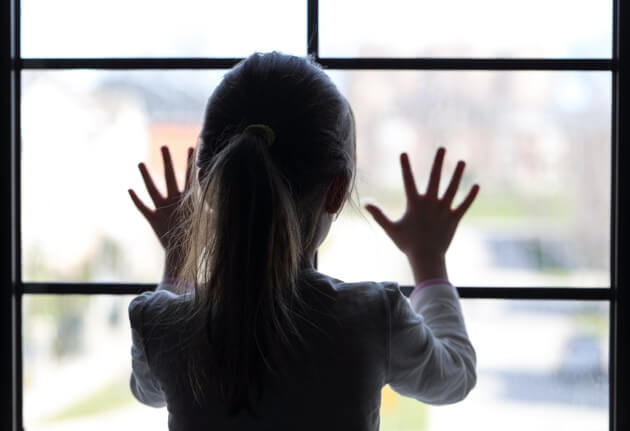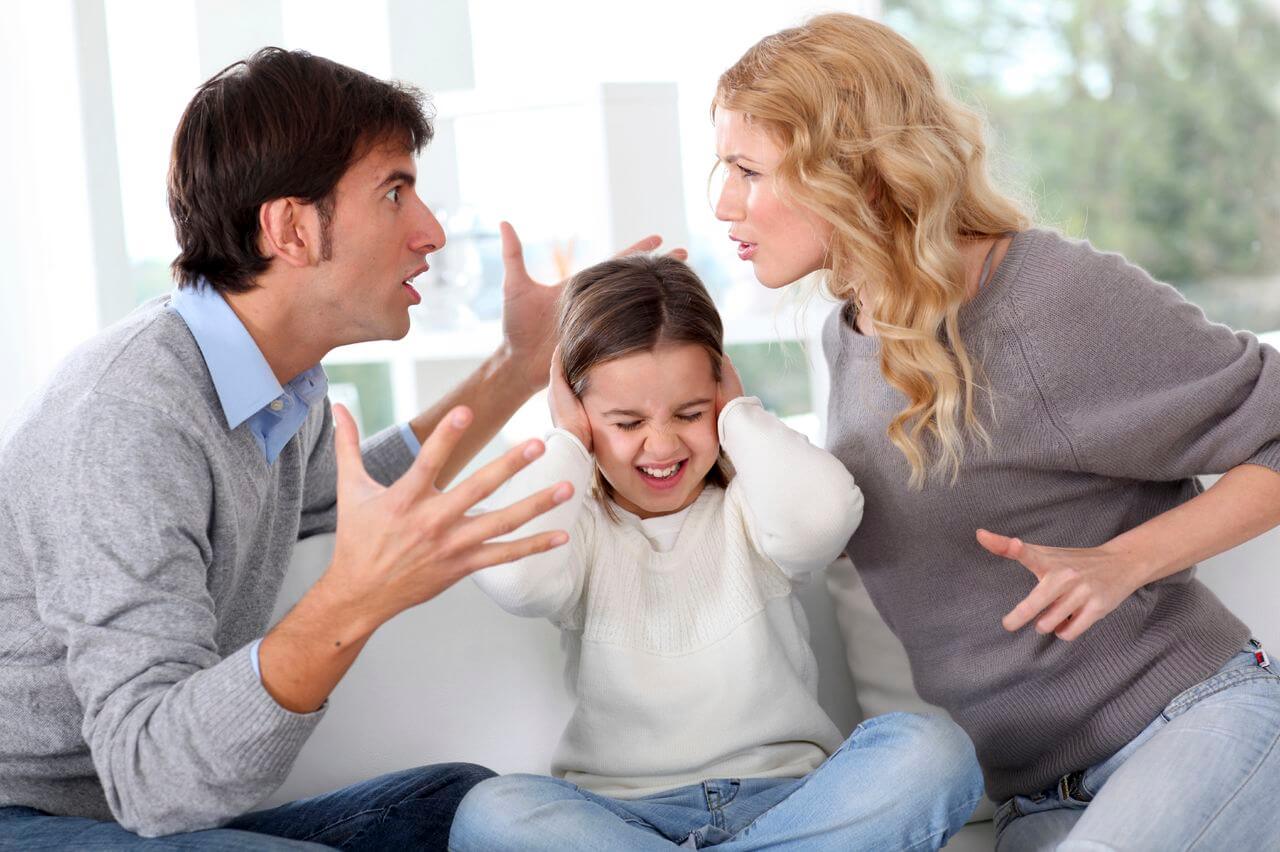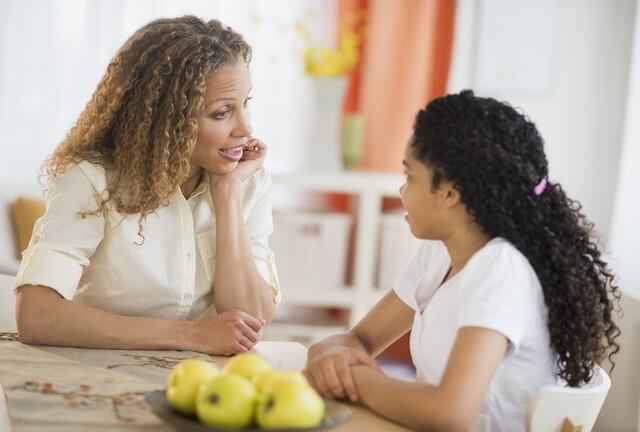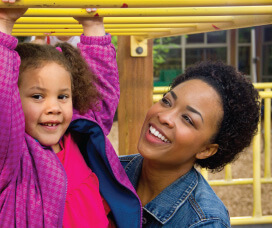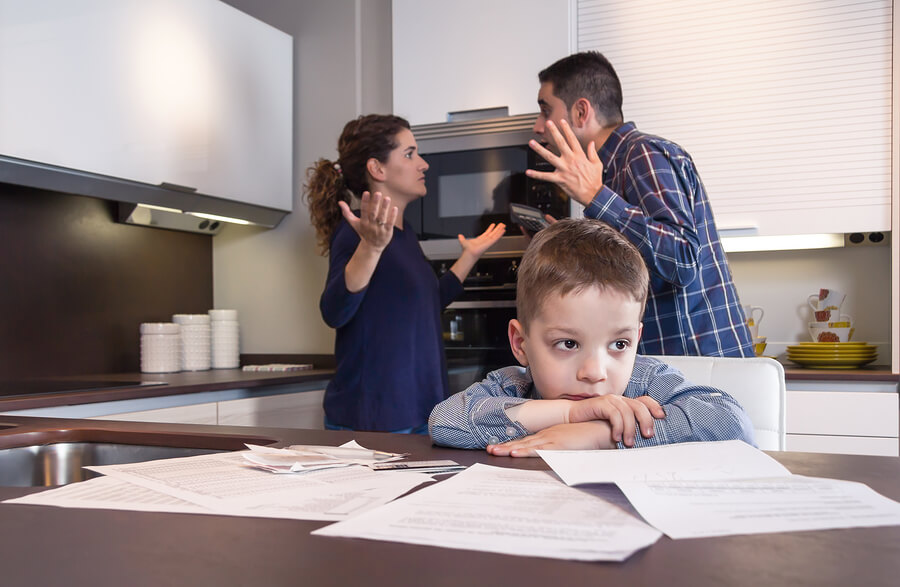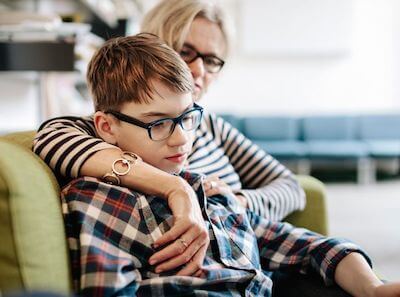What If Your Kids Resist Divorce Visits ...
By Rosalind Sedacca, CDC Parenting after divorce is always challenging, especially when your children act out. One big issue is handling children if they resist visitation with their other parent. Many factors come into play when this occurs. Here are some questions to ask yourself which can help you determine the source of the problem. They’ll also help you understand the reasons why your children are resisting post-divorce contact with their other parent. For simplification purposes, I’m using Dad as the example. However, this happens to fathers and mothers alike depending on their prior and post-divorce relationships. Questions for parental self-reflection Are the kids feeling guilty or disloyal when leaving your presence? This can easily influence their feelings toward spending time with their Dad. Have they been privy to information, slurs or other comments that make them dislike their Dad? Do they hear you complain about him to family or





